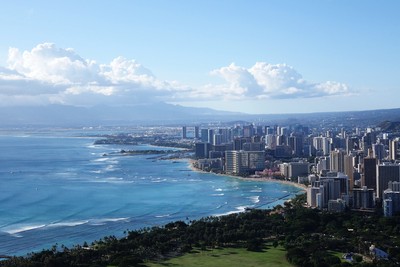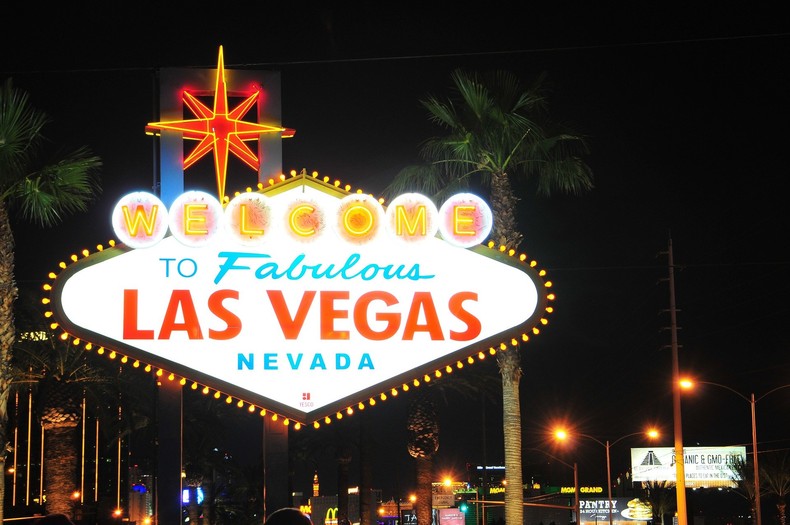 Plans to build the first ever casino on Hawaii have hit a snag after the state’s governor confirmed his opposition to the move.
Plans to build the first ever casino on Hawaii have hit a snag after the state’s governor confirmed his opposition to the move.
Kapolei, the second city of the island of Oahu, had been earmarked as a potential location for Hawaii’s first foray into casino gaming, however the proposal has found a hitch in the form of David Ige, the Hawaiian governor.
He told the Honolulu Star Advertiser that such a venue would ‘not provide economic value to our community’, and said: “The benefits (of a casino) would not exceed the social costs of gambling.”
The governor’s stance could prove to be a major stumbling block for a project that had been given an initial green light by the Hawaiian Homes Commission, who in December voted 5-4 to approve the proposal.
The next step was to ask Ige to add the matter to the legislative agenda in 2021, although Ige’s position would suggest that could be a non-starter.
The other issue is that the plot of land proposed for the casino had been earmarked for local Hawaiians seeking new housing. That was as part of a ‘land trust’ set up more than 100 years ago to return islanders to their native areas, and so there is likely to be considerable opposition to the sale of this real estate to a casino developer.
Another issue is that the legality of gambling would need a complete sea-change too. As things stand, both slot machines and poker games are illegal on all of the Hawaiian islands, and anybody wishing to have a flutter must travel to a tribal casino in surrounding states to do so. Hawaiians don’t even have a legal lottery to play either.
However, as we know money talks and the Department of Hawaiian Home Lands (DHHL) has identified the need to raise $6 billion in order to build the properties required by some 28,000 islanders on the housing register – a budget that has been decimated by the lack of tourist revenue in 2020.
Sin City in Revolt

As if the plan to build a casino in Hawaii hadn’t run into enough obstacles, then there’s the prospect of Las Vegas having its own input.
Sin City is frequented liberally by Hawaiian islanders, who make the trip across the Pacific to the west of the United States, and also by holidaymakers on the islands who stop off in Vegas on the way or on the way home.
As with neighbouring Utah, Vegas enjoys huge revenue from visitors in states where gambling is illegal, and they will move heaven and earth to prevent Hawaii having its own casino built.
Scott Roeben, of the Vital Vegas group, admitted there was ‘curiosity’ amongst those in Sin City as to how things are developing. “I think to some people [in Vegas] it’s absolutely mortifying that there could be a casino closer to the players,” he said.
However, he also acknowledged the logistical challenges that a Hawaiian casino build would face. “Casinos don’t just magically happen you have to have company that’s more experienced with the gaming side of the business, and I don’t believe that talent pool exists in Hawaii right now.”
